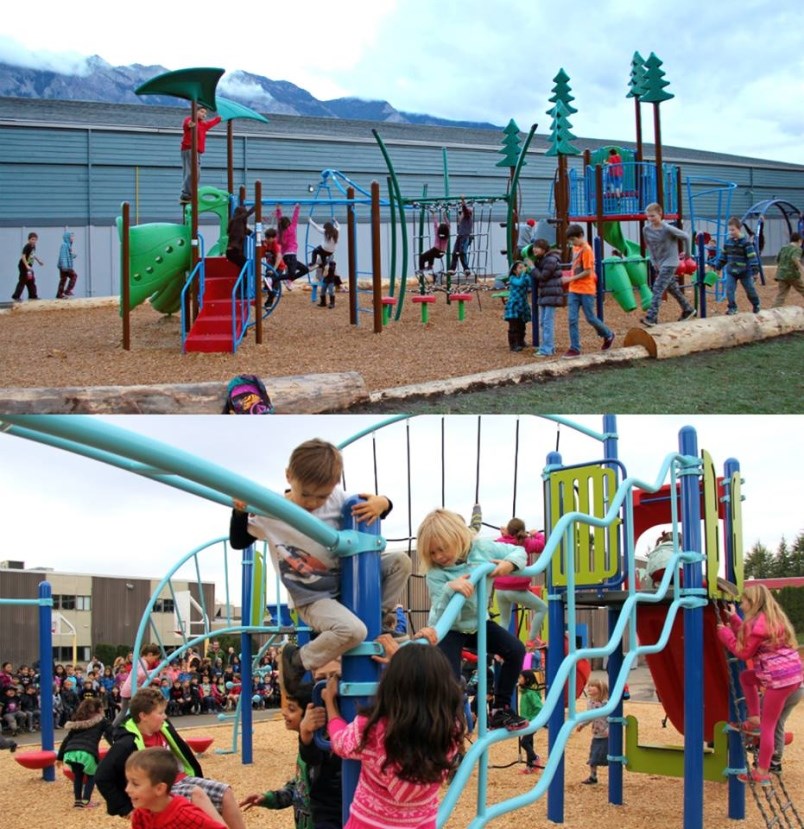According to recent studies, Dutch children are the happiest in Europe.
They eat chocolate sprinkles on white bread for breakfast, have less pressure at school and enjoy more free play than other societies where children are encouraged to accomplish three impossible things before breakfast, speak five languages and excel in seven different sports.
Such busy lives are breeding some unhelpful family patterns, explained Laila Presotto, Squamish-based psychotherapist and registered clinical counsellor who specializes in couples, parenting and trauma at the Elaho Medical Clinic. Patterns that can’t be fixed simply with chocolate-smothered bread for breakfast.
Though it’s the happiness of our little ones that often gives parents the greatest concern, our focus, it seems, should begin with ourselves.
“It really starts with the parents,” she said. “I’d say that 90 to 95 per cent of the couples that come to see me are scoring way too high for loneliness within their relationship… that’s when the emotional disengagement starts.”
We’re so busy parenting, fixing, building and guiding, she explained, that although we may operate as a well-oiled, efficient family machine, we’ve forgotten how to truly engage with the people we’re most attached to.
The cultivation of these deep and meaningful connections with our spouses and children is the source of happiness within the family, she said. To connect with our kids, she suggests giving parenting a backseat in terms of offering opinions and perspective, and instead offer children a generous invitation to draw out what’s on the inside, always making sure we validate and acknowledge their feelings in return for their openness.
“There’s nothing more special for a child than an invitation to be known, seen and understood,” she said. “For me, children are happiest when this takes place, and creating family rituals is one of the best ways to do this.”
Rituals also buffer children from the wounds they may experience outside of the home. Because they can count on this consistent, unpressuried opportunity to share, they’re more likely to do so. It might be family meal times, a bedtime routine, going for walk, visiting Tim Horton’s on a Sunday or going out for weekly sushi. Whatever fits best with your family routine and dynamics.
“Sometimes, if you’re not just sitting and chatting, it’s easier for people to share because it feels less vulnerable,” she said.
It could be something you do all together but, for the purpose of inviting conversation and openness, it can be more effective one-on-one.
“It’s a generous, present space for dialogue,” she said.
If children do open up, she explained, don’t worry about coming up with an immediate solution to take away their pain.
“What takes their pain away is feeling understood… give them the full experience of being validated, then maybe give them your parenting advice the next day. Let them absorb what it feels like to be deeply understood.”
To experience being upset and surviving their tears also helps develop resilience as they get older, she said.
Not shaming them is another essential part of our children’s happiness, she explained. Comments such as, “I thought you were a big enough girl to do xyz,” or, “I’ve already told you five times about that,” are not said to intentionally shame but can lead to repressed anger towards self, rebellion, anxiety and self-esteem issues among children. Whatever the behaviour might be, whether it’s walking through the house with muddy boots or repeatedly kicking the car seat in front, though it may well be annoying, Presotto encourages compassion, empathy and respect from parents. It’s an opportunity for discussion rather than a guilt-inducing reprimand. Finally, she recommends a little less stimulation and more independent downtime.
“Sometimes there are too many playdates and too many activities,” she said. “Learning to play on their own is when the brain integrates yesterday’s lessons and it’s when they grow as little beings.”
Having some family downtime is a great way to model this behaviour, she explained. Each family member simply chooses something they’re going to do by themselves for an hour; you may be in the same room, but each doing something independently. “I really think we need more things like that.”
Though it can sometimes take time to introduce a change in the family culture, she explained, it’s something we can all do and it’s never too early (or late) to start.




